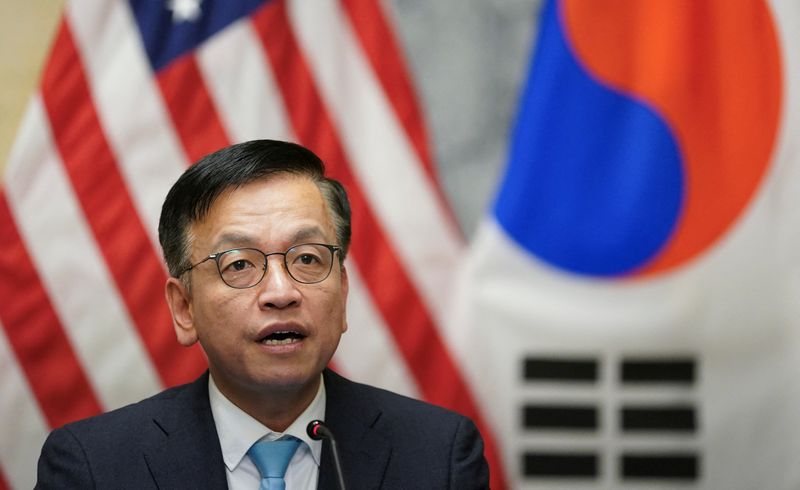Financial Shakeup: South Korea's Top Money Chief Steps Down in Surprise Move

In a dramatic turn of events, South Korea's Finance Minister Choi Sang-mok has tendered his resignation amid mounting political pressure. The Ministry of Finance confirmed the development on Thursday, just as the national parliament was preparing to cast a critical vote on his potential impeachment.
The minister's offer to step down comes at a pivotal moment, reflecting the intense scrutiny and political tension surrounding his leadership. With parliamentary proceedings set to examine his conduct, Choi's resignation appears to be a preemptive move to potentially mitigate further political fallout.
While details of the specific reasons behind the potential impeachment remain unclear, the minister's decision underscores the high-stakes political environment in South Korea, where accountability and transparency in public office are closely monitored.
The resignation marks a significant moment in the country's political landscape, potentially signaling broader shifts in governmental leadership and accountability.
